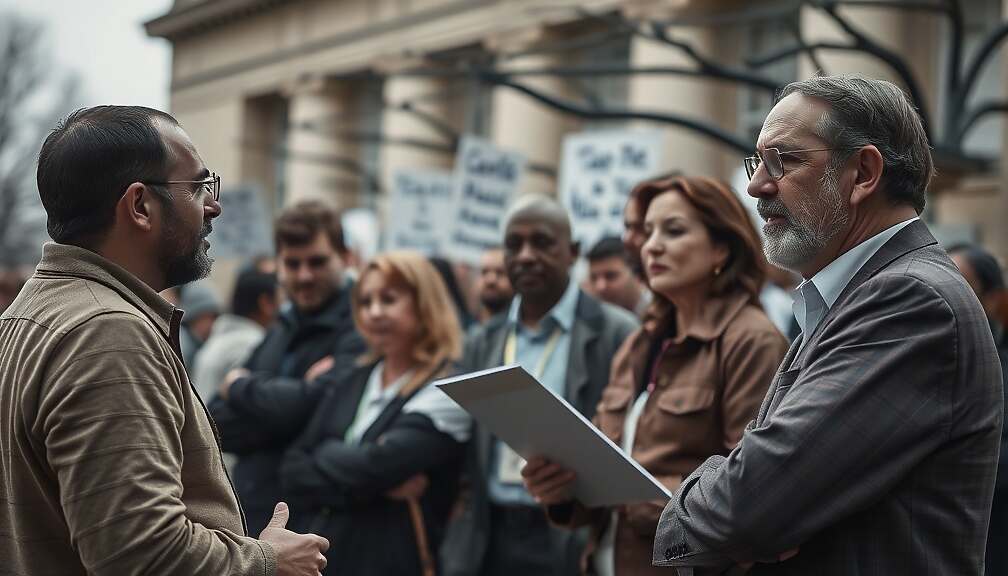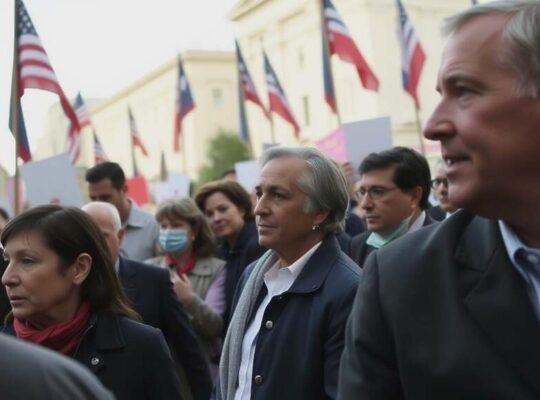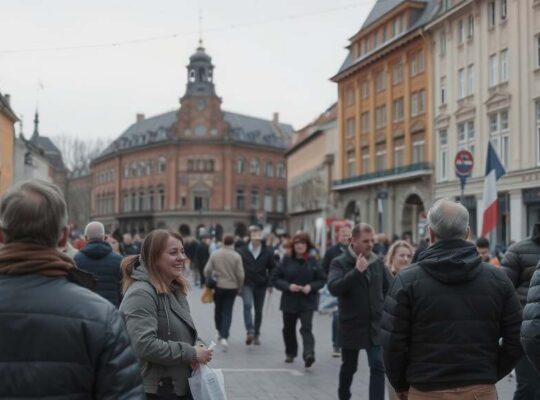A recent survey conducted by the Allensbach Institute for Demoscopy, commissioned by Frankfurter Allgemeine Zeitung (FAZ), paints a concerning picture of the perceived freedom of expression within Germany. Just 46% of citizens believe they can freely voice their political opinions without consequence, a significant decline reflecting a growing climate of self-censorship. An unsettling 44% indicated they feel it’s prudent to exercise caution when expressing their views, a figure mirroring a level previously recorded four years ago, suggesting a persistent and possibly escalating trend.
The survey, based on direct interviews with 1,044 individuals between September 26th and October 10th, reveals a complex relationship between perceived freedom and the desire for restrictions on specific utterances. Notably, a majority (52%) believe it should be prohibited to label soldiers as murderers, a contentious point that underscores the nuances of acceptable discourse surrounding Germany’s military and its historical responsibility. Support for restrictions extends to statements deemed discriminatory or harmful, with 49% favoring a ban on characterizing homosexuality as a disease and 43% advocating for a prohibition on the assertion “women belong in the kitchen.
These findings raise critical questions about the current political climate and the impact of societal anxieties on fundamental rights. While the desire to curtail hate speech and harmful rhetoric is understandable, the survey hints at a potential overreach, where the line between legitimate protection and chilling effect is becoming increasingly blurred. The willingness to endorse prohibitions on specific viewpoints, even those seemingly obvious, suggests a broader societal trend towards conformity and a diminished tolerance for dissent. While authorities grapple with defining boundaries of permissible speech, these findings serve as a stark reminder of the fragility of democratic principles and the importance of safeguarding the right to express even unpopular or challenging opinions. Further research is needed to understand the underlying factors driving this apparent increase in self-censorship and to explore the long-term implications for German democracy.












